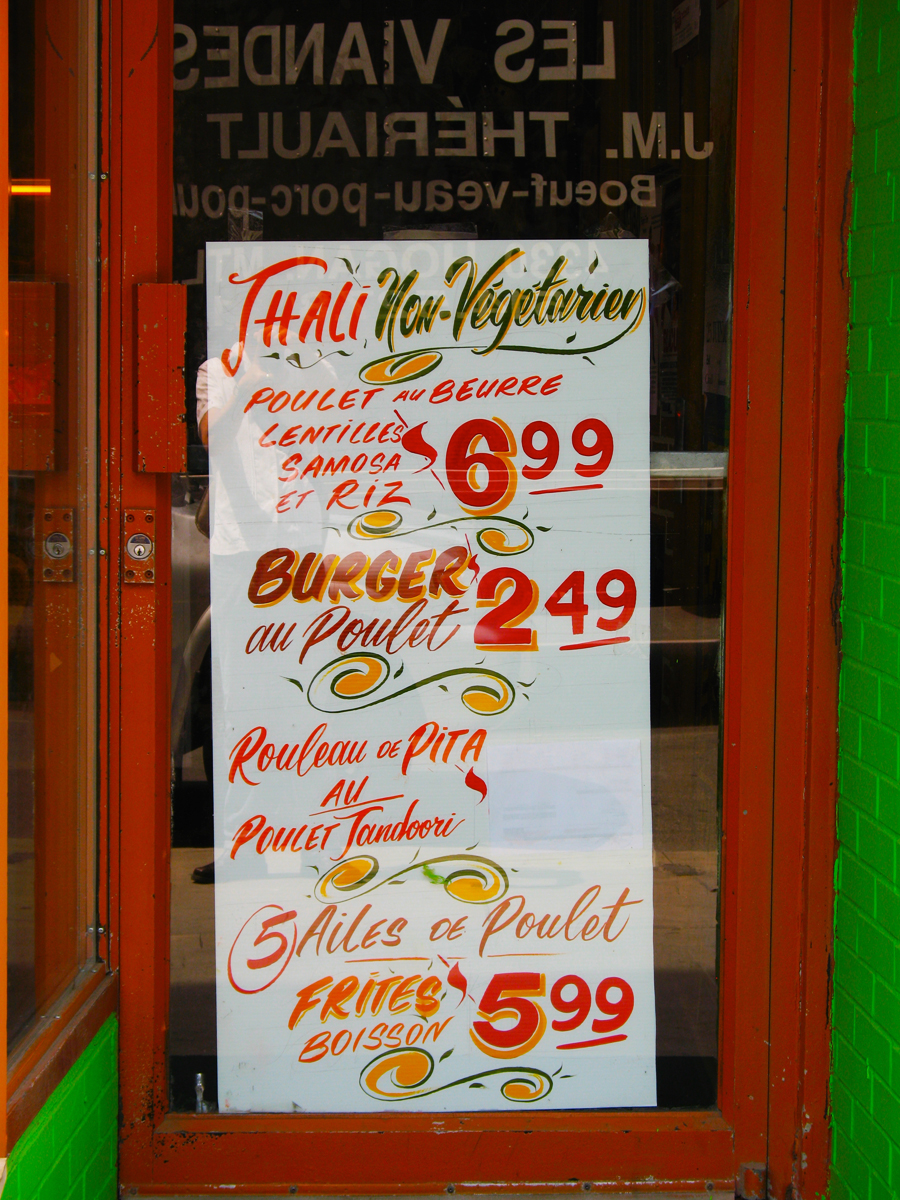GFT - SYNTHESIS - The uneasy relationship between international trade and agriculture
DOI :
https://doi.org/10.15353/cfs-rcea.v2i2.137Mots-clés :
international trade, agricultureRésumé
In his 2006 book, Food is Different, Peter Rosset posited we “get agriculture out of the [World Trade Organization] WTO”. This contention, which is the rallying cry for the Food Sovereignty movement, is that the WTO should not have any purview over agriculture and by extension food systems. Getting the WTO out of agriculture encompasses not only dismantling the 1994 Agreement on Agriculture, which governs both global food trade and extends to national food policies, but also nullifying the entire suite of WTO agreements that apply to various aspects of agriculture, including the Agreement on Trade-Related Intellectual Property Rights (TRIPS), and the Agreement on Trade-Related Investment Measures (TRIMS) (see Burnett & Murphy, 2014). For activists, policymakers, and scholars who take a firm stance of resistance to the WTO, there is no room for compromise with the institution. From this standpoint, the WTO cannot be transformed into a legitimate space to govern international food trade. The underlying concerns motivating much global civil society resistance to agriculture being governed under the WTO are well documented in the papers in this collection and were discussed at length by participants at the workshop in Waterloo.
Téléchargements
Publié-e
Comment citer
Numéro
Rubrique
Licence
Les auteurs qui publient avec cette revue acceptent les conditions suivantes: Les auteurs conservent les droits d'auteur et accordent à la revue le droit de première publication avec l'œuvre sous licence simultanée Creative Commons qui permet à d'autres de partager l'œuvre avec une reconnaissance de la paternité de l'œuvre et de la publication initiale dans cette revue. Les œuvres publiées dans RCÉA/CFS avant et incluant le vol. 8, n° 3 (2021) sont sous licence Creative Commons CC BY. Les œuvres publiées dans le vol. 8, n ° 4 (2021) et après est sous licence Creative Commons CC BY-SA. Les auteurs peuvent conclure des accords contractuels supplémentaires séparés pour la distribution non-exclusive de la version publiée de l'ouvrage par la revue (par exemple, l'ajouter à un dépôt institutionnel ou le publier dans un livre), avec une reconnaissance de sa publication initiale dans ce journal. Les auteurs sont autorisés et encouragés à publier leurs travaux en ligne (par exemple, dans des dépôts institutionnels ou sur leur site Web) avant et pendant le processus de soumission, car cela peut conduire à des échanges productifs, ainsi qu'à une citation plus précoce et plus importante des travaux publiés. (En savoir plus sur le libre accès.)





